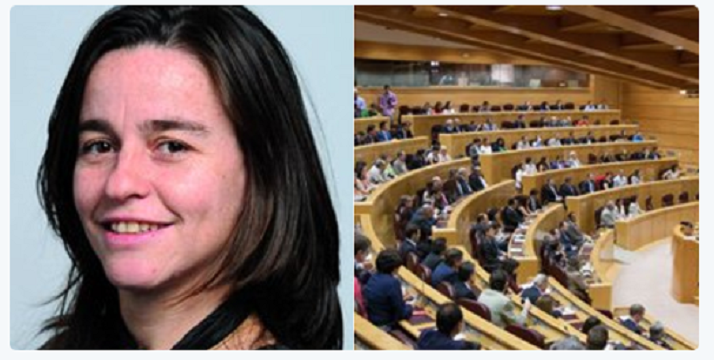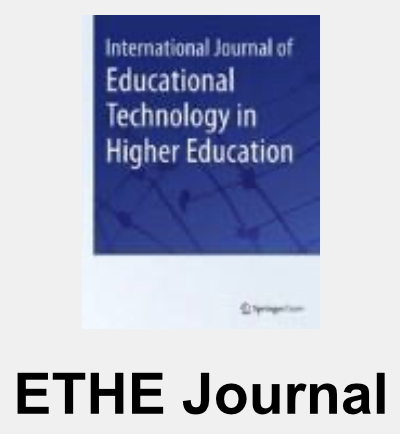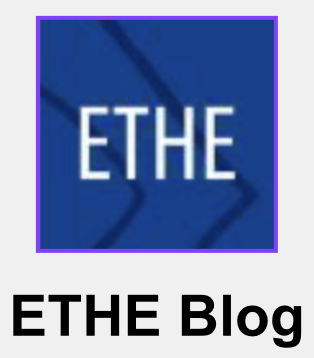Why should we care about datafication? Critical data literacies in higher education

The adventure of a virtual workshop led by Bonnie Stewart (UniWindsor, Canada) & Juliana Raffaghelli (Edul@b member, UOC) at the OER20 conference.
On Wednesday 1 April 2020, we (Bonnie and Juliana) joined the OER20 congress session to deliver a brief workshop based on our joint research activity.
It was a bet. The congress had gone virtual due to the COVID19 and we were not sure that many of the planned interactions with the expected participants could work under online conditions. Particularly, due to the critical perspective on data tracking in digital platforms we aimed at exploring, we were puzzled about the fact of delivering our activity…using platforms! We could decide about the interactions (and we decided using Mentimeter which is GDPR compliant) but Blackboard was the choice of OER20 organisers, the ALT (Association for Learning and Technology).
These days the issue is gaining increasing momentum due, again, to the same COVID19. As a matter of fact we face virtuous and conflictive issues around the data debate. One good example is the need of cooperation between researchers over Open Data around the world put against the problem of “dataveillance” as systems to control through mobiles and IoT (Internet of Things placed in smart cities) people “correct” behavior in the middle of the confinement measures. Education could not escape this state of things. Indeed, the increasing usage of e-learning platforms is a concern. Most educators select them due to ease of use, pedagogical affordances or worst, their glossy presentation. A recent case is ZOOM, which raised (just in the few days) lots of concerns about the type of data tracked and collected and hidden Terms of Use about data usage by third parties, like is told in this article by The Guardian.
Our activity appeared to be timely, hence. Through a hands-on conversation, facilitated via Mentimeter and Blackboard, we explored the challenges datafication poses for educators in our contemporary information ecosystem, and why all of us should care. The session tried to scaffold frameworks that offer participants a critical lens to analyse their own data literacies and explore pathways to data literacy and data activism in institutions and networks. We based this approach on our own exploration through literature review, interviews and prior workshops on the matter.

The workshop was technically implemented with success, and all the interactions were undertaken without any imprevist, due to the great support given by the OER20 committee. The OER20 community got engaged with our proposal: 94 participants were visible in the chat side and actively contributing.
There are recordings on the session, but we tried to write down all of our reflections as fast as we could. Our aim was to share the richness of the reflections that are all about the human knowledge building around such a conflictive, sensitive but also thrilling topic: the platforms we live by. And the data we give, with different levels of awareness about, in that trade-off between our privacy and the smart society.
Answers? None, by now. But the need for spaces of reflection is the first endeavour we engage in as educators. Discussing about the social and human side of technological innovation, in our case.
We keep on moving and collaborating across frontiers, in spite of the material borders imposed by the COVID19 confinement!
Details about the workshop:
- A workshop session offered at the OER20 [online] conference
- https://oer20.oerconf.org/sessions/o-023/
- Wed, Apr 1 2020
- Theme: Openness in the age of surveillance
- Access to the Recorded Session





